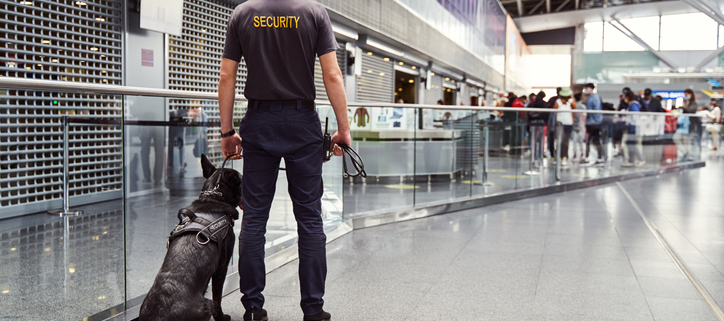The Role of Dogs in Airport Security
Dogs play a crucial role in airport security, enhancing safety and
efficiency with their remarkable abilities. Trained sniffer dogs are
deployed to detect explosives, drugs, and other contraband items in
passenger luggage and cargo. Their extraordinary sense of smell allows
them to identify substances that may go unnoticed by advanced
technological equipment. This capability significantly reduces the
risk of dangerous items entering aircraft and airports.
In addition to detecting illicit substances, dogs are also used for
security patrols. These highly trained canines and their handlers
conduct regular sweeps of airport facilities, including terminals,
parking areas, and cargo spaces. Their presence acts as a deterrent to
potential criminal activity, providing a visible security measure that
reassures passengers and staff. Dogs are also adept at locating
individuals who may be hiding or attempting to evade security.
The training process for airport security dogs is rigorous and
specialized. Dogs undergo extensive training to recognize and respond
to specific scents associated with explosives and narcotics. They
learn to work in busy, high-stress environments, maintaining focus
despite the noise and crowds typical of airports. Handlers are also
trained to interpret their dogs‘ signals accurately and ensure their
well-being while on duty.
The partnership between dogs and their handlers is built on trust and
mutual respect. This bond is essential for effective teamwork and
operational success. Dogs in airport security are not only valuable
assets in ensuring safety but also beloved members of the security
team. Their dedication and skills contribute significantly to the
overall efficiency and security of airport operations, making air
travel safer for everyone.



